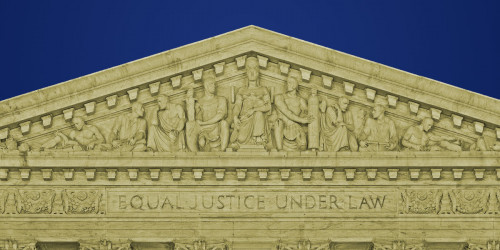We’ve seen some absurd trademark threats in recent years, but this one sets the bar at a new low: The Village Voice is suing Yelp for trademark infringement based on Yelp’s creation of various “Best of” lists. Yes, that's correct, the publisher behind the paper (as well as several other weeklies around the U.S.) has managed to register trademarks in the term “Best of ” in connection with several cities, including San Francisco, Miami, St. Louis and Phoenix. And it now claims that Yelp’s use of those terms infringes those trademarks and deceives consumers.
Right.
First, a practical question: deceives consumers about what? Trademark law is supposed to ensure that consumers can trust that the goods and services they buy come from the sources they expect, e.g., that the Pepsi you just bought really was manufactured by Pepsi. That helps consumers, because it gives mark-owners an incentive to maintain the expected level of quality. And it helps mark-owners, because they can build customer loyalty and good will. But you don’t need a survey or even a lawyer to figure out that no one actually thinks the Village Voice is associated with Yelp because both publish “best of” lists – not least because no one associates the term “Best of” with any particular news source.
Second, the more important question: What is going on at the Patent and Trademark Office? For decades, folks have been complaining (with good reason) that the patent examiners need to do a better job of screening out bogus patent applications. It’s clear that the problem extends to the trademark side as well. The PTO has allowed companies and individuals to register marks in any number of obviously generic and/or descriptive terms, such as “urban homestead” (to refer to urban farms), “gaymer” (to refer to gay gamers), and “B-24” (to refer to model B-24 bombers).
Once a mark is registered, it is all too easy for the owner to become a trademark bully. And while companies like Yelp have the resources to fight back (as we expect it will), small companies and individuals may not. Just as dangerous, the trademark owner may go upstream, to intermediaries like Facebook who have little incentive to do anything other than take down an account or site that’s accused of infringement.
"Good enough for government work" isn't good enough for free speech. It’s time the PTO did its part to stop trademark bullies and tightened up the trademark application process. Fewer bogus registrations means fewer bogus threats, and more online creativity and competition. That's a win for everyone.









